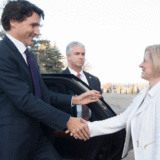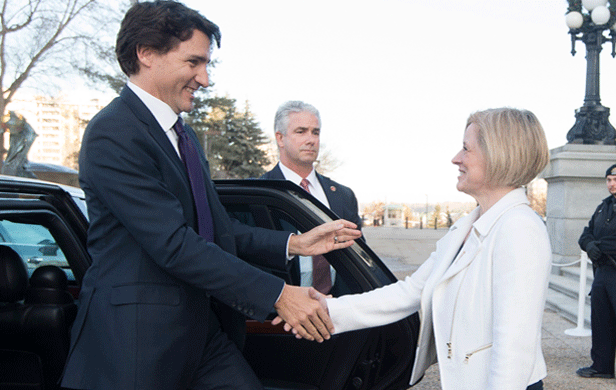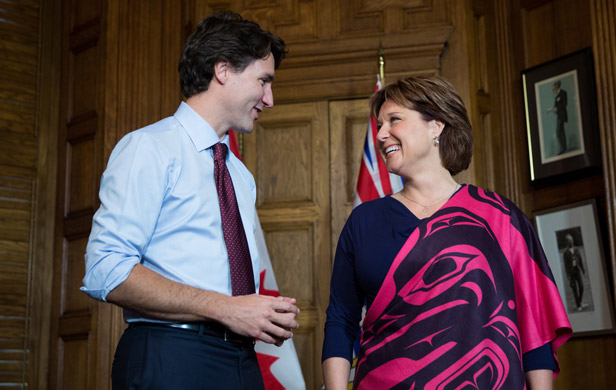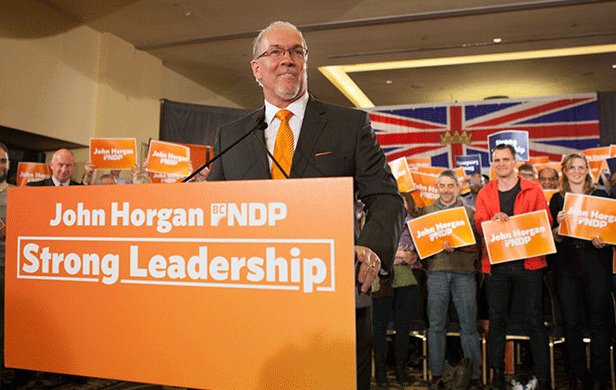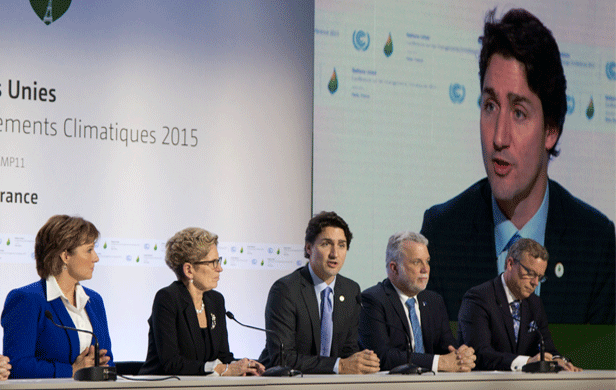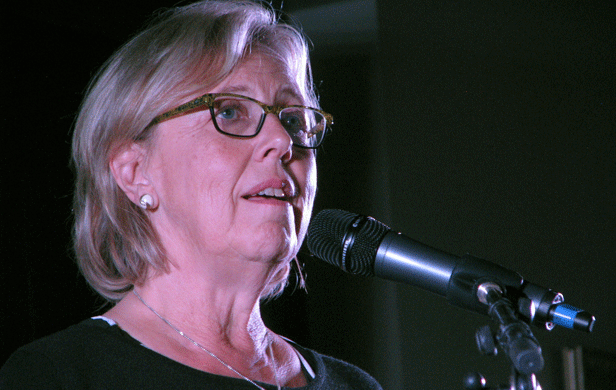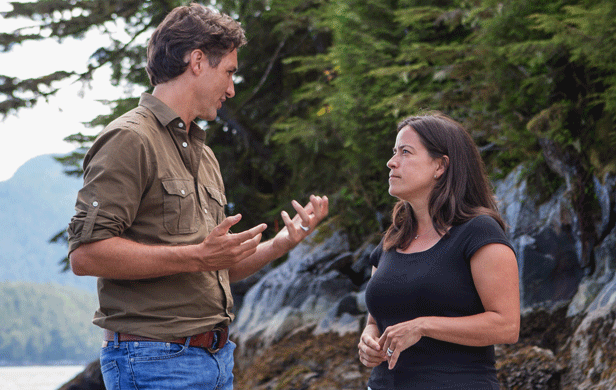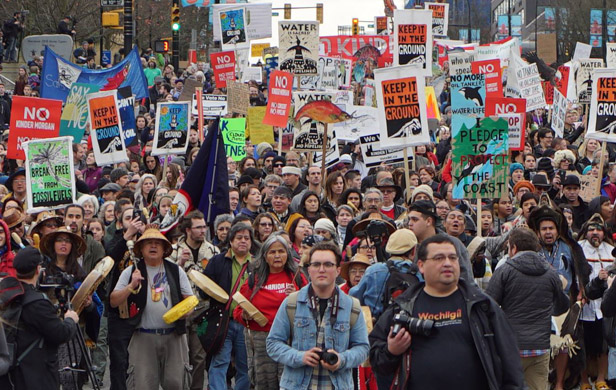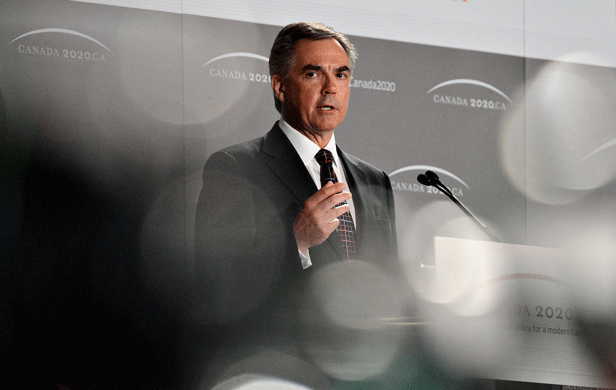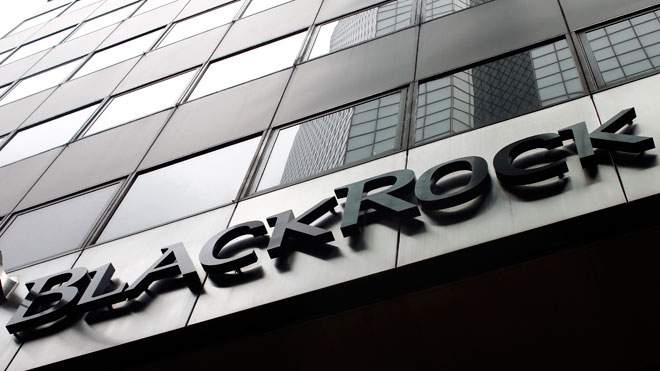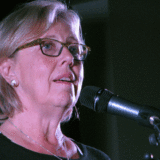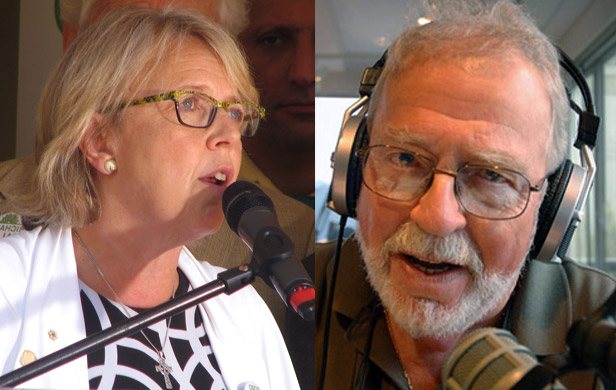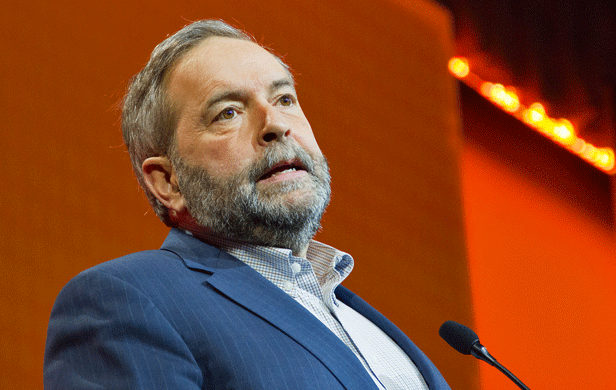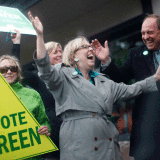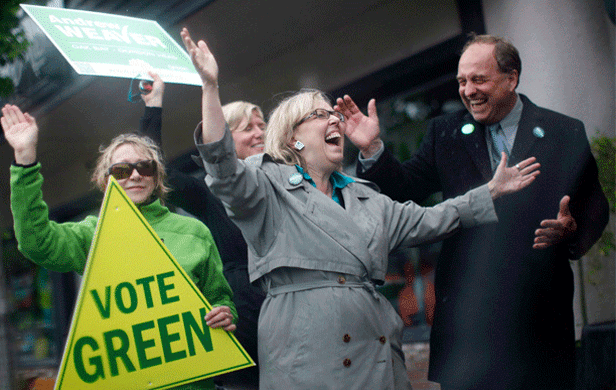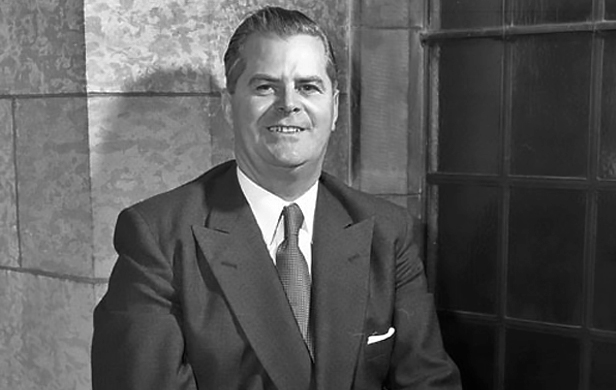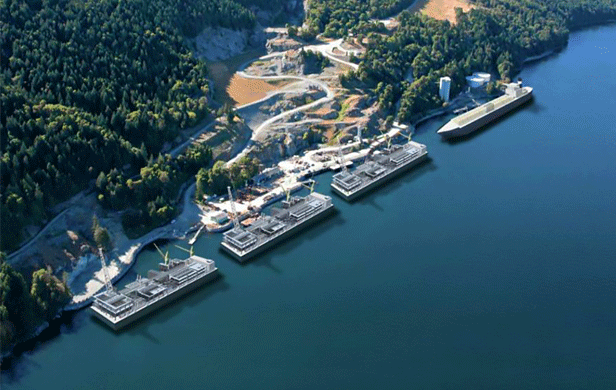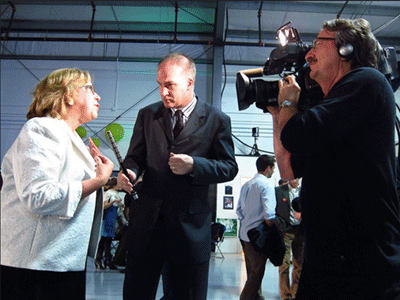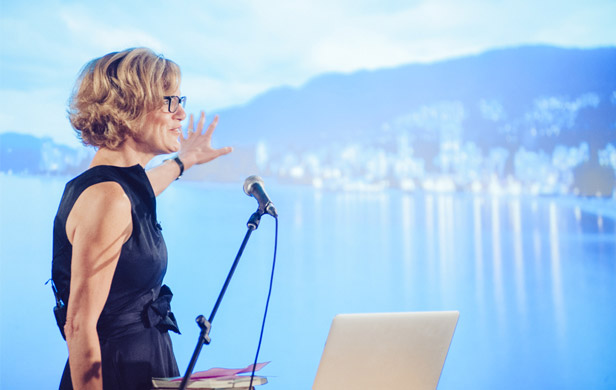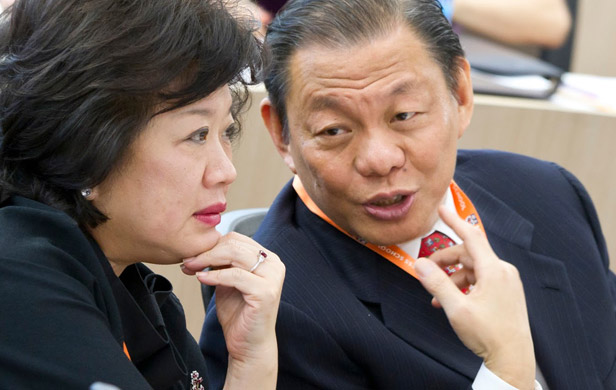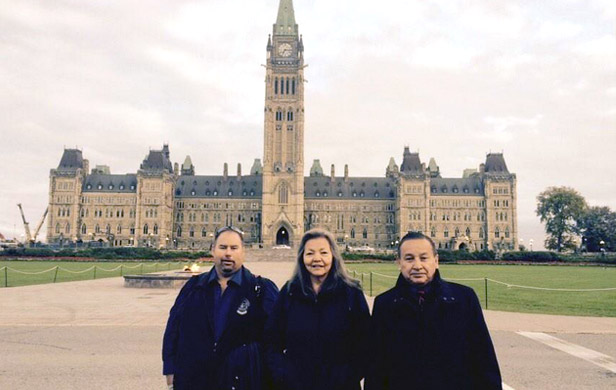
This week I said I would talk about Site C but little did I know what I had taken on. I spent nearly a day and a half with stuff that wouldn’t likely be in the article but knew I needed to read.
After devouring an enormous pile of material which I’d rather not have, I came to the firm conclusion that Site C is a terrible idea, founded on a professed need for energy in BC based upon highly suspect, self-serving research by Hydro, which has a long history of deliberately overestimating electrical demand and with no reasonably certain market except a very dubious LNG industry. The price tag, likely well in excess of $10 billion, will guarantee the bankruptcy of BC Hydro, which I suspect was the plan all along.
The whole story
It’s interesting and important to note a March, 2016 article by Justine Hunter in the Globe and Mail:
[quote]The author of a report the B.C. government used as a green light to proceed with the $8.8-billion Site C dam says there are better alternatives, but his review panel was not permitted to look at other solutions to future demand for more electricity.
In fact, Harry Swain, an associate fellow at the University of Victoria, whose May, 2014, report on the dam was viewed as a “mostly positive” study that justified the government’s decision to proceed, says British Columbia could meet its future energy needs at a lower cost with the stroke of a pen by taking back the power available under the Columbia River Treaty.
“In the report, we held back a lot of stuff because we were not allowed to talk about policy,” he said in an interview this week. “It wasn’t the whole story.”[/quote]
In short, in typical Christy Clark style, the report upon which the government bases its support of Site C, according to the Chairman of the Joint Review Panel that produced it, “wasn’t the whole story”.
Wow! Even with this incompetent lot, that truly takes the breath away. 10 Billion bucks to be spent based on an incomplete assessment of the facts as honestly admitted by the Chair of the Committee!
Knowing that MLAs don’t have the guts to do anything about this, I realize that the real question is the same as that which I talked about recently with the Kinder Morgan pipeline. How was the decision to be made?
Democratic deficiency
Our version of a parliamentary system is totally unsuited to deal with a large controversy.
If you were to say that to someone ignorant of political philosophy, let’s say Christy Clark, she would respond, “Well we had an election in 2013, we got a majority and therefore we make the decision.” In fact, that’s just what her slightly less than cerebral colleague, Bill Bennett said.
That ignores a number of factors, not the least of which is that elections, including the one in 2013, are seldom over one controversy. They are held to elect a government, not decide a single issue which may not be well canvassed in the election campaign and indeed may not yet have become a recognized issue.
Secondly, under our system, we elect people of various backgrounds but who all have one thing in common – they will all, in every matter, do as they are bloody well told.
There is still this myth that great discussions take place in Caucus, which opinions the Minister responsible uses as the basis of his legislation. As the Duke of Wellington said when a man accosted him with “Mr. Robinson, I believe”.
“If you believe that, you’ll believe anything!”
These days, caucus is rarely even told about government policy, much less consulted. What they read is the same mindless, self-serving shit they mail out to you at public expense.
Kinder Morgan: A top-down decision
Let’s examine the federal government decision to approve Kinder Morgan, a flashpoint issue in BC the likes of which I have never seen before. It was publicly denounced by half a dozen Liberal backbenchers in BC, all of whom can now forget about promotion. The decision was made by Cabinet in accordance with orders from the Prime Minister.
Now, suppose you were vehemently opposed to Kinder Morgan and it so happened your MP was a Liberal. Let’s say that you know him/her very well, are a good supporter and even gave them money. Naturally, you go to this MP and advise them that you believe strongly that Kinder Morgan is a terrible idea, not only for the constituency but the whole province, and that you would be furious if the MP didn’t make that clear. Furthermore, you could say with accuracy that the vast majority of the constituency felt the same way.
What do you think would happen?
I can tell you what would happen: Nothing! Two times the square root of sweet Fanny Adams.
Now that is a democracy? That is the people having a say in the policies by which they will be governed?
There is an obvious solution to this problem – on major issues, submit the question to the people by way of referendum. I think I can feel the shivering out there as these words are being read. We don’t use referenda because this is a parliamentary democracy.
Well, that takes us back to where we started – our parliamentary democracy in practice denies individual voters any role in decision making for controversial issues like Site C or Kinder Morgan. Do we all just say “who cares?” and amble off to the pub for a beer?
The real reason we don’t use referenda more often is that the “elite” are afraid that the rabble won’t do what they’re told.
A lesson from Charlottetown
One only need to look at the proposed changes to how we elect MPs in Canada to see how vigorously – and illogically – the “elite” fight the idea of letting the people decide how they want to perform their democratic right to vote!
Isn’t that absurd when you think about it?
The most glaring example of the nations ignoramuses thwarting the wise decisions of the “elite” came with the Charlottetown Accord referendum in 1992 when the Rabble told “those who know best” to get stuffed and, in fact, in British Columbia, by 67.9%.
There were a number of us in BC who threw everything into the fight on the “No” side, including constitutional lawyers, professors of constitutional law, members of the British Columbia Court of Appeal, probably Canada’s most experienced constitutional lawyer and so on – yet the answer from the “higher purpose persons” (the late Denny Boyd’s wonderful phrase) was that these stupid bovine masses, following hypnotic broadcasters, destroyed the country.
Well, even though the “elite”, from the Prime Minister down, predicted that the country would fall to pieces if Charlottetown didn’t prevail, that not only did not happen but, I would argue, the county was saved. In due course, Quebec realized it would have to be like all other provinces if it wanted the benefits of being part of the nation and, although the last separation vote was close, the separatists lost and it also became clear that the changing population was going to make their case harder and harder to make.
The voter should be boss
I think the killing argument is simply this: If the principle is that decisions in our democracy will be made by ordinary people voting for their representatives, how can they be smart enough to elect good representatives but too stupid to give instructions as to what they want to happen?
No, don’t let me mislead you. I do not say that ultimate wisdom comes from referenda but I do say neither does it come from electing ordinary people to Parliament or from benevolent despots, for that matter. Nor do I support government by referendum; I support representative government where the voter is boss, not the Prime Minister, and, on major issues, by referendum.
I would argue from the Charlottetown experience that people in a referendum on a serious issue inform themselves far better than they are ever informed in an ordinary general election. With Charlottetown, it was remarkable what information the public demanded, what they observed on their own, the questions they asked of expert guests on my show and what they learned and learned so well.
What we really get down to is that the “elite”, whose motivation is not reaching an appropriate decision that’s beneficial to all, rather a resolution that suits their personal interests or those of their backers, don’t like it when the people they normally control in parliament or the legislature are not there to do what they’re told.
Yes, these are harsh words and betray a hearty mistrust of the system under which we govern ourselves. I say them by reason of a lifetime experience watching, participating and seeing just how willing we are to fool ourselves, rather than attempt any sort of change. We are masters of allowing perfection to be the enemy of improvement.
I am not so naïve as to think there is a perfect system available. What I do know, and I’m sure most people realize, is if you are never prepared to change, you will always have the same lousy situation.
Over the festive season I suggest you sit down with your mate or a good friend, with a glass of good BC wine and ask yourselves, “Do I really have a say, however minor, in the decisions that are made by the legislature or Parliament? The decisions on which my life is directed?”
If the answer is negative, you know that the big kids don’t want the rules to change – does that mean that you passively accept your fate?
Or do you go to work as freedom loving people always have when the “elite” run the citizen’s life from the comfort of their favourite chair at the Club?


